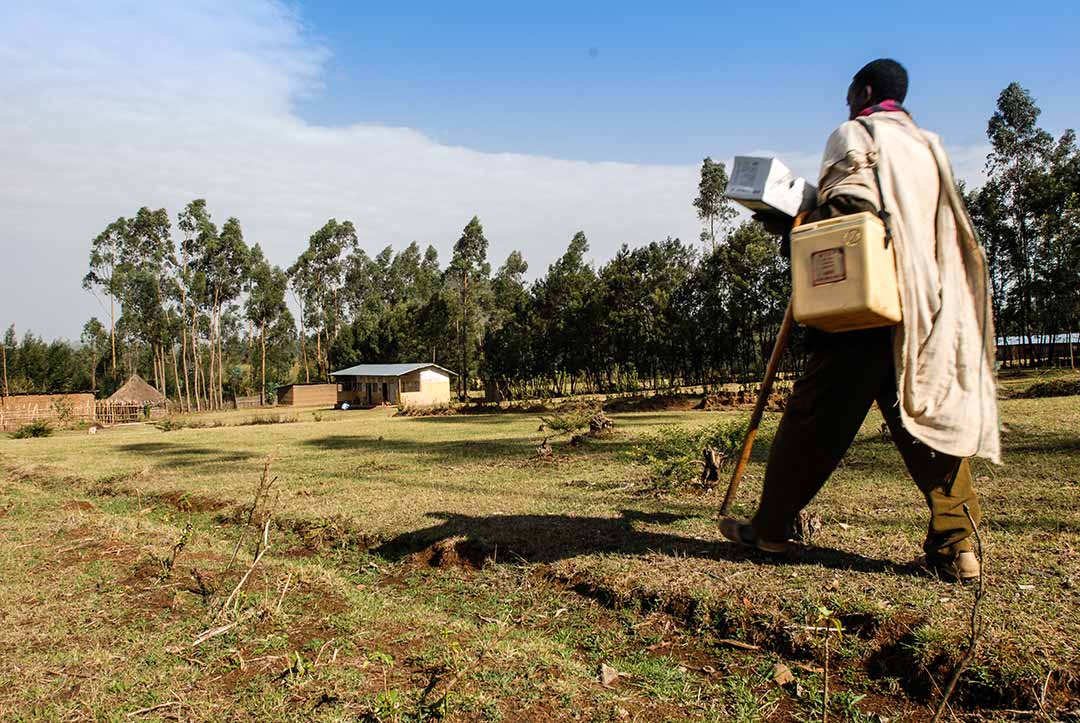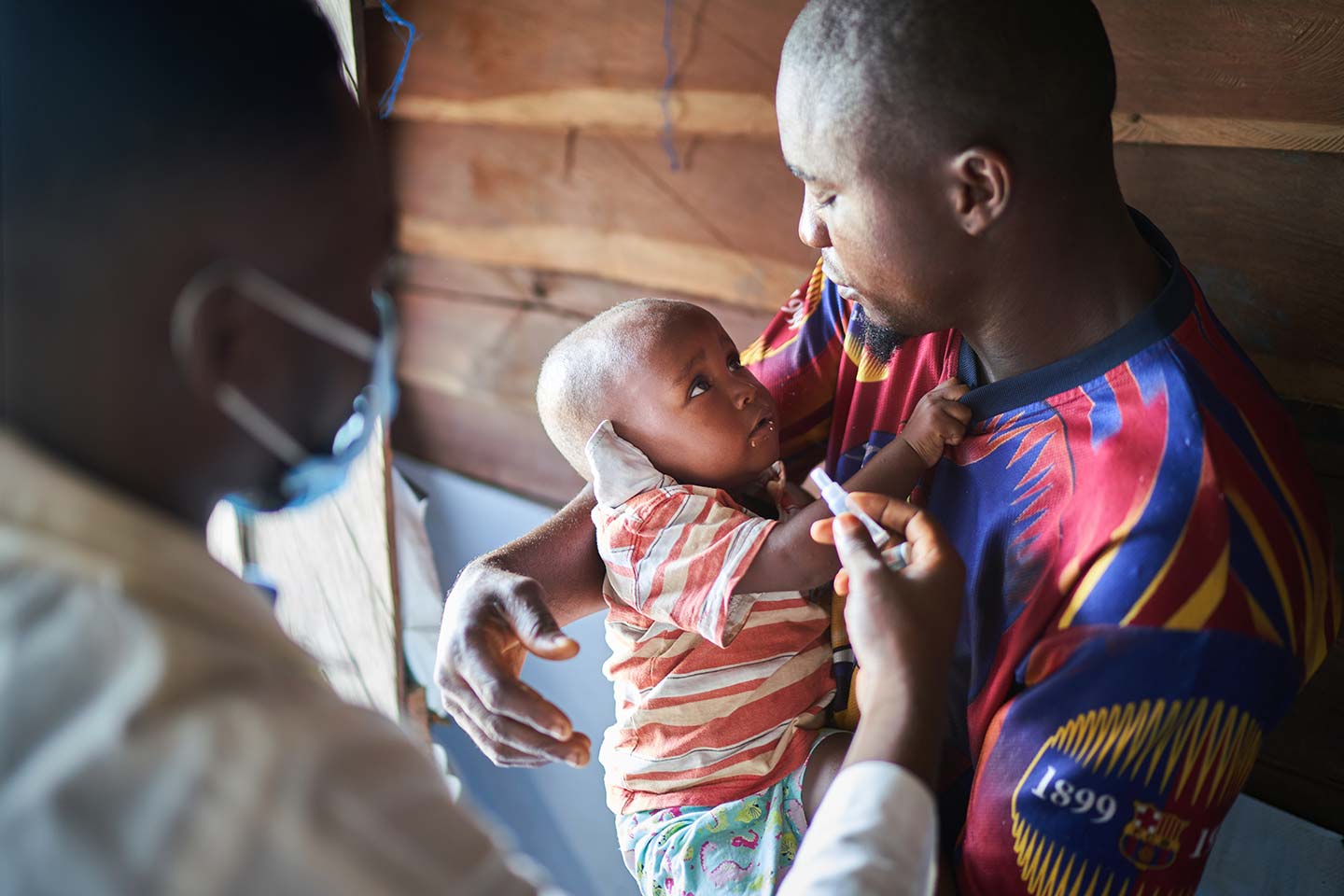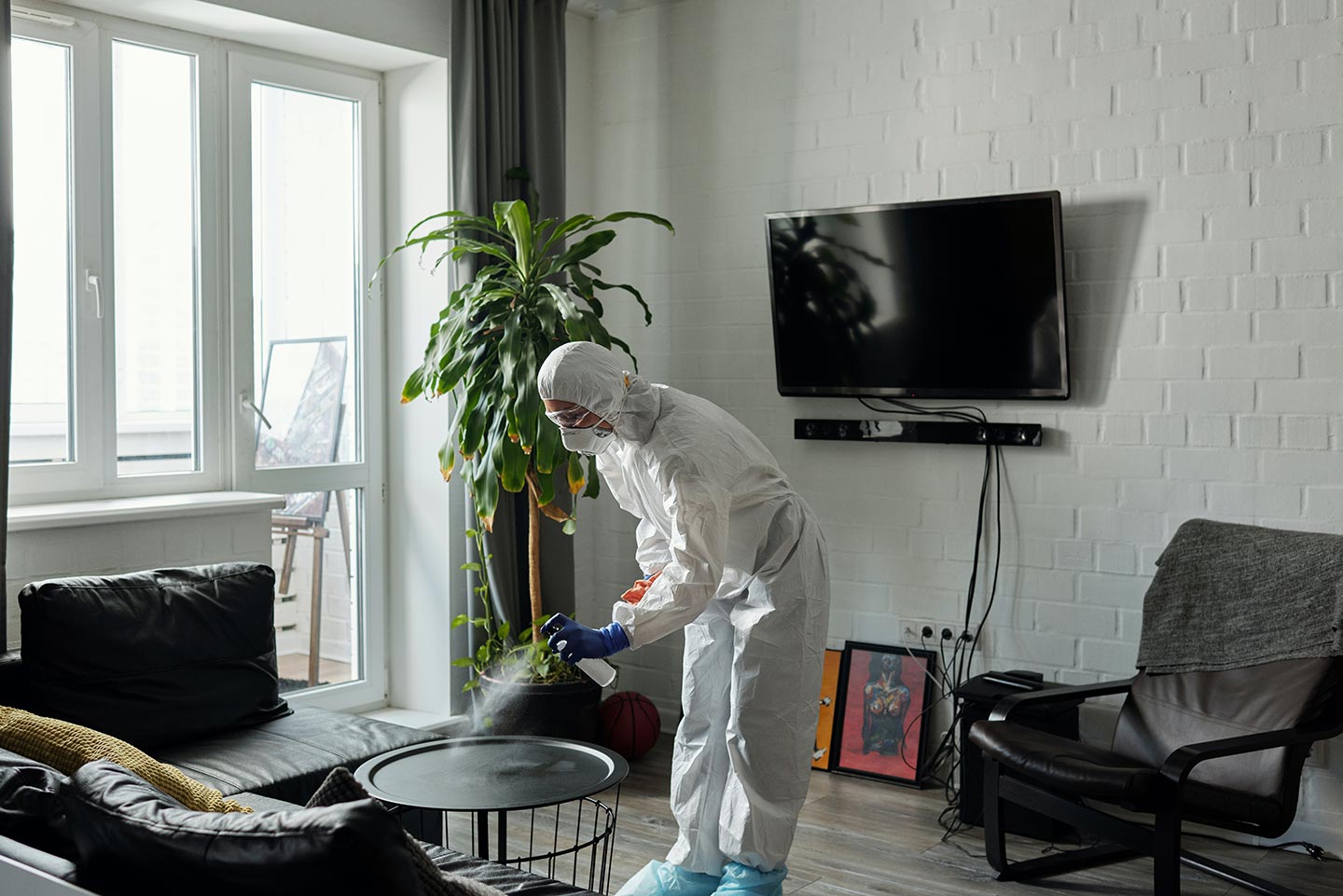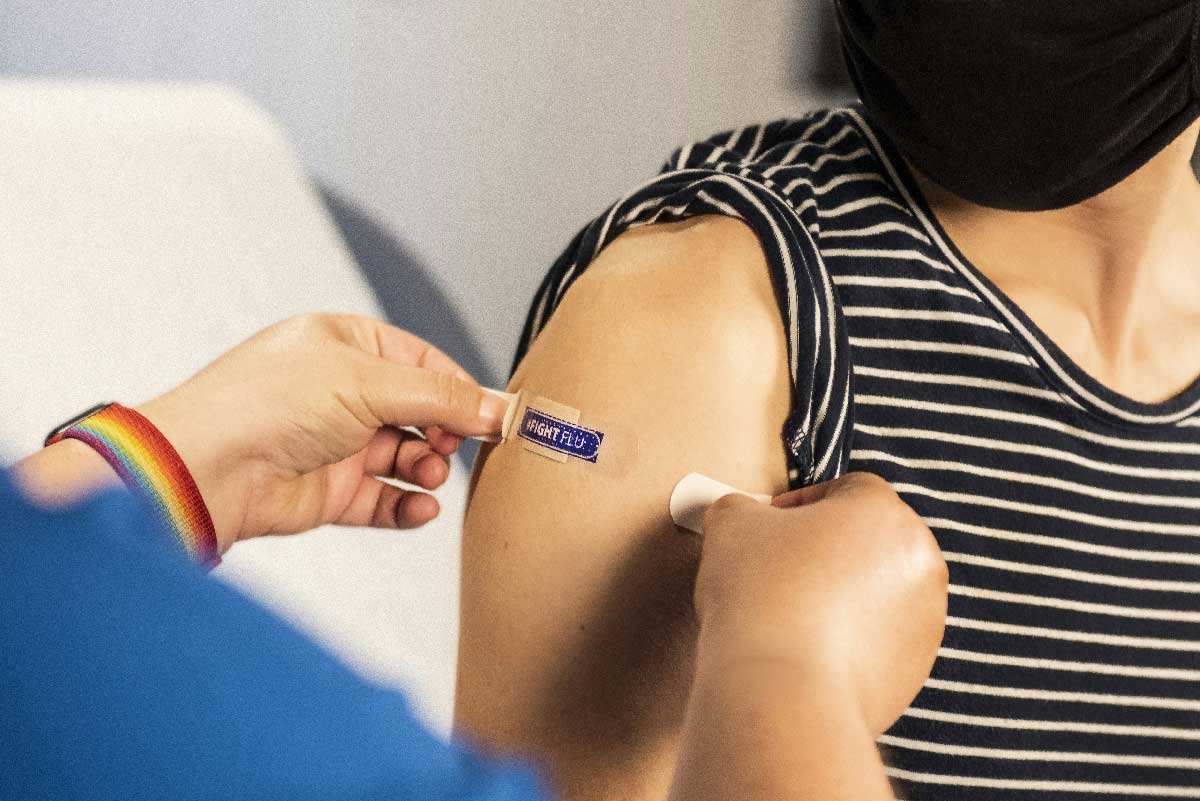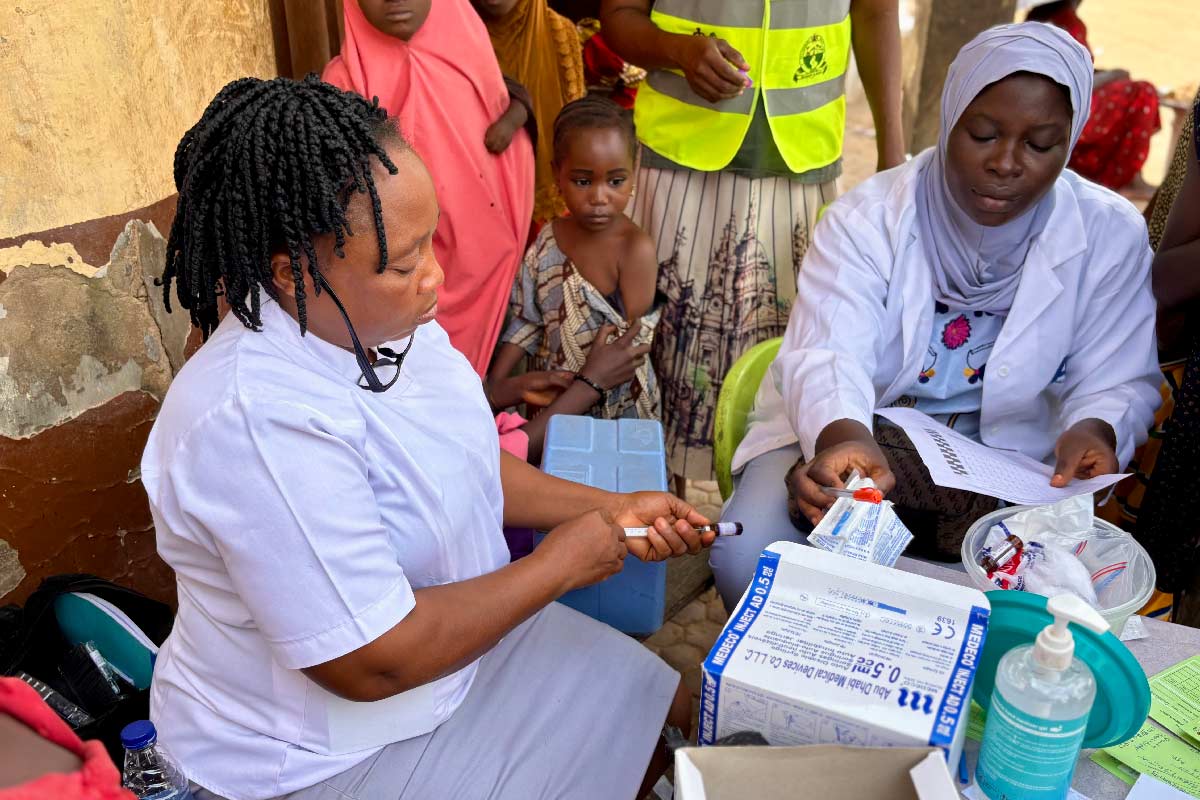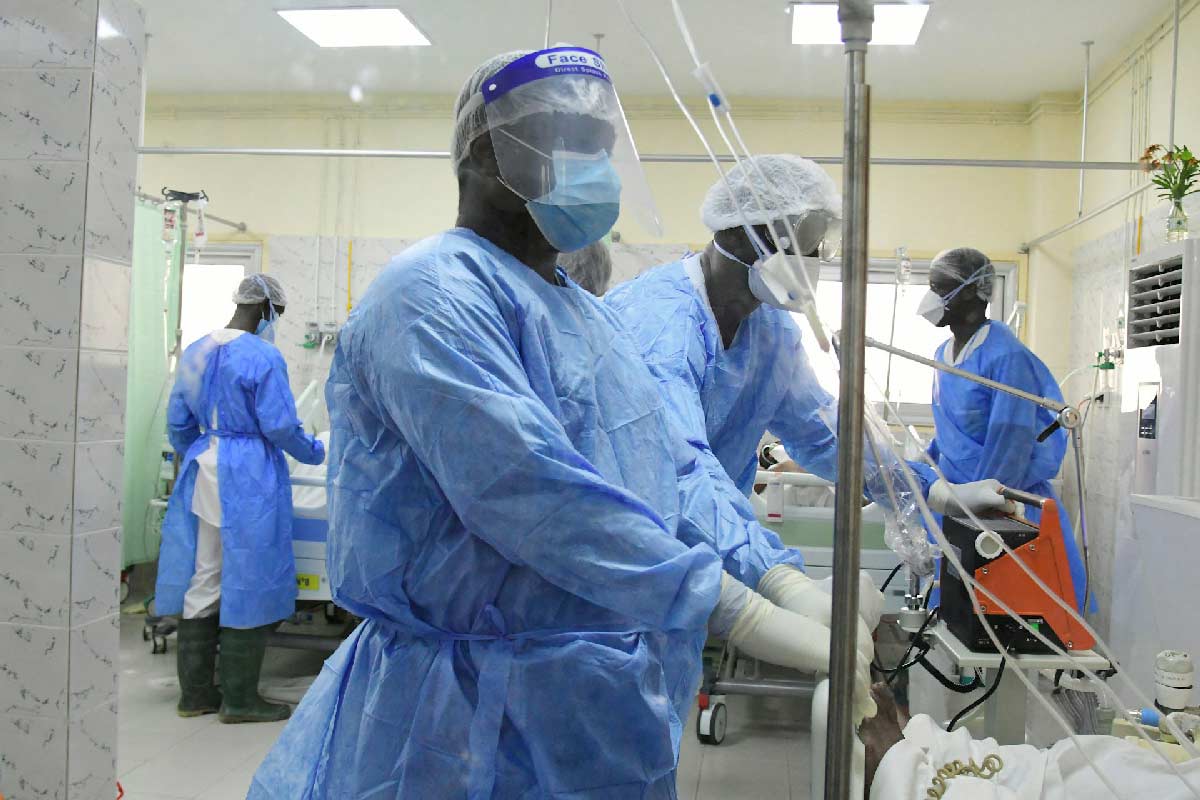A year of #VaccinesWork in 10 articles celebrating women in global health
To mark the first anniversary of #VaccinesWork, we look back at some of the most read articles on COVID-19 during an unprecedented year for global health.
- 19 March 2021
- 5 min read
- by Tetsekela Anyiam-Osigwe

One year since the launch of #VaccinesWork, and one week after celebrating International Women’s Day (IWD), today we cast the spotlight on women, girls and gender by revisiting some of the articles that tell their stories. The following 10 articles, published on #VaccinesWork over the past year, highlight the gendered impact of COVID-19 and celebrate the positive developments in global health championed by and for women and girls in the context of the pandemic and beyond.
For Gavi, the call to address gender bias and inequality, while simultaneously seeking out and celebrating women’s achievements in global health, is an ongoing effort. Systemic barriers that make women and girls more vulnerable in crisis have been compounded by gaps in investing in women’s leadership. And now with COVID-19 the need for a collective push for greater global solidarity to achieve gender equality and empower all women and girls – in the health sector and beyond – has never been greater. Here are ten stories of why that is the case.
1. Why a gender lens is needed for the COVID-19 response
As the world grappled with the reality of a new global pandemic, early research was already demonstrating that men were more vulnerable to COVID-19 than women. Yet, this #VaccinesWork article reveals how the immediate and long-term consequences of the coronavirus pandemic are also disproportionately impacting the lives of women and girls, as well as the most marginalised communities.
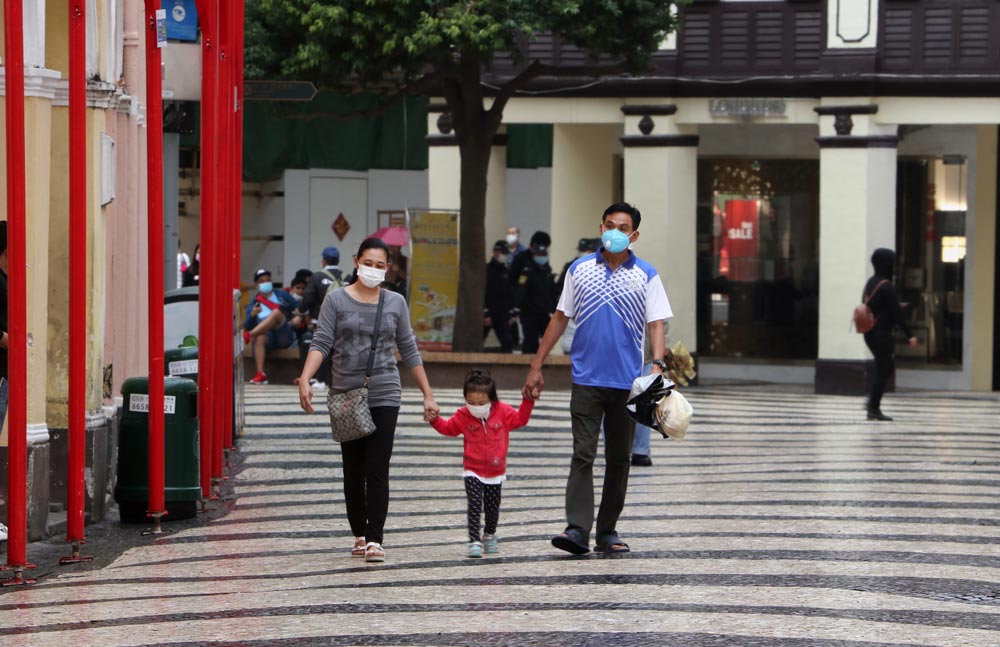
1. Why a gender lens is needed for the COVID-19 response
As the world grappled with the reality of a new global pandemic, early research was already demonstrating that men were more vulnerable to COVID-19 than women. Yet, this #VaccinesWork article reveals how the immediate and long-term consequences of the coronavirus pandemic are also disproportionately impacting the lives of women and girls, as well as the most marginalised communities.
2. What is the world like for girls today?
With the global pandemic having a compounded impact on gender inequities, this #VaccinesWork article marks 2020’s International Day of the Girl Child by looking at the many ways COVID-19 is impacting the lives of young girls around the world.
Read more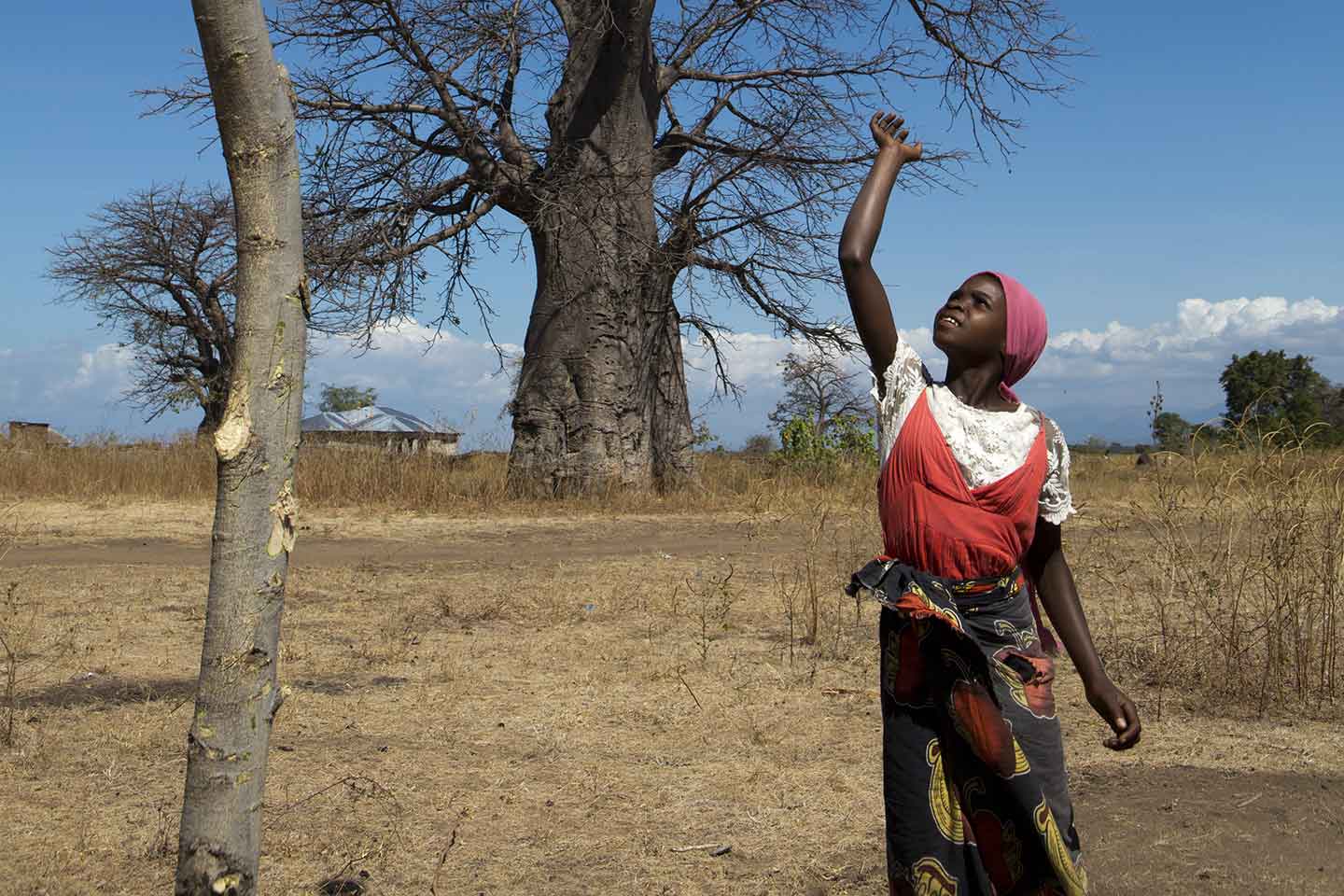
2. What is the world like for girls today?
With the global pandemic having a compounded impact on gender inequities, this #VaccinesWork article marks 2020’s International Day of the Girl Child by looking at the many ways COVID-19 is impacting the lives of young girls around the world.
Read more3. Caring for Everyone: an ASHA worker’s COVID-19 story
During this year’s International Women’s Day, #VaccinesWork hosted a series of interviews with inspirational women from across the world. One of these women was Rathnamma, an 'ASHA' in Bengaluru, India. In this article, Rathnamma explains how this army of one million female community health workers has helped India weather the first year of the coronavirus pandemic.
Read more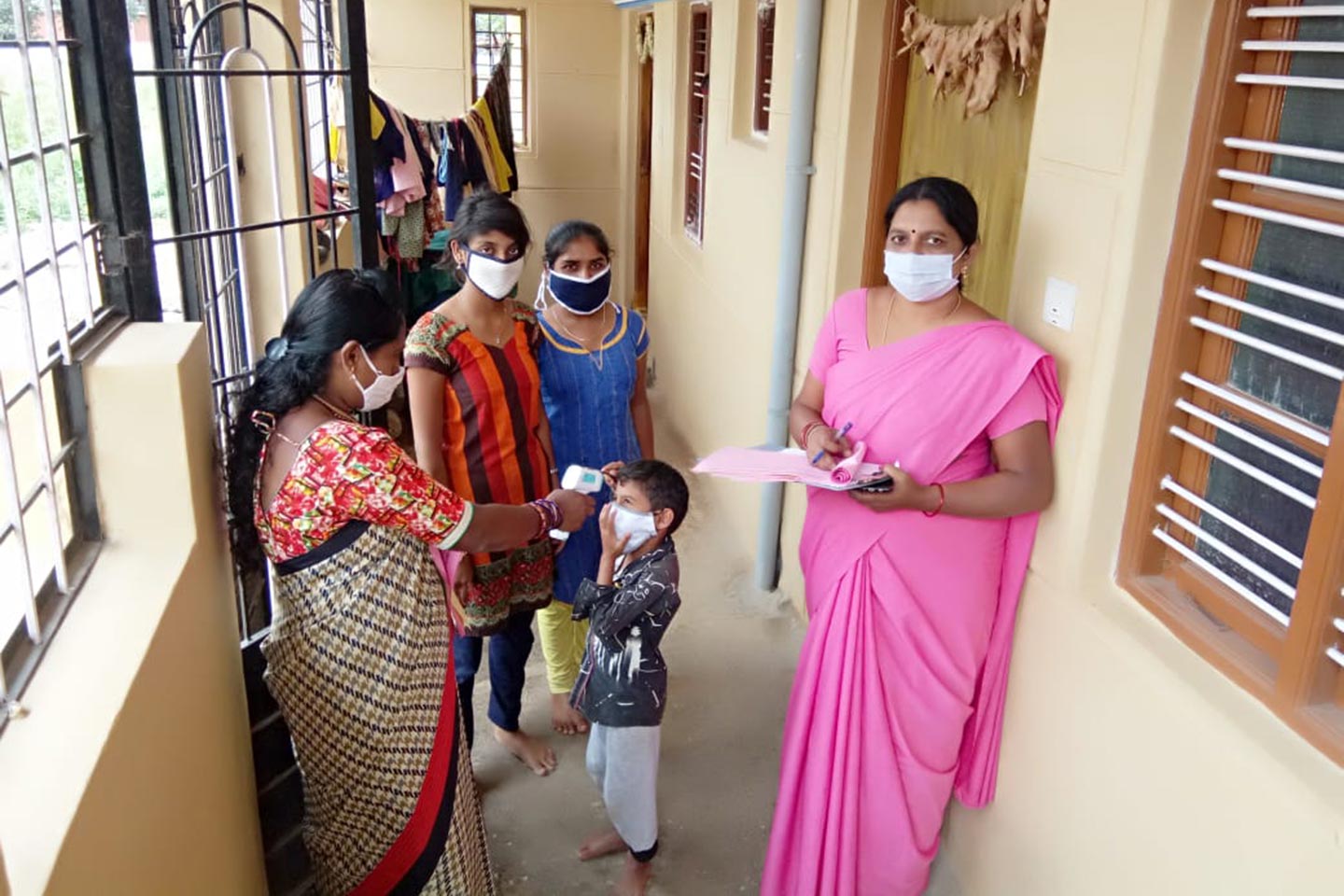
3. Caring for Everyone: an ASHA worker’s COVID-19 story
During this year’s International Women’s Day, #VaccinesWork hosted a series of interviews with inspirational women from across the world. One of these women was Rathnamma, an 'ASHA' in Bengaluru, India. In this article, Rathnamma explains how this army of one million female community health workers has helped India weather the first year of the coronavirus pandemic.
Read more4. “Women come to me and I guide them”
The COVID-19 pandemic continues to cause significant disruptions to routine immunisation and women’s health services in many countries. To mark this past International Women’s Day, #VaccinesWork introduced its readers to Nighat Rani, a community vaccinator in Pakistan whose work to lessen the impact of these disruptions, rests on a bedrock of empathy, patience and an intimate understanding of the complicated lives of the women around her.
Read more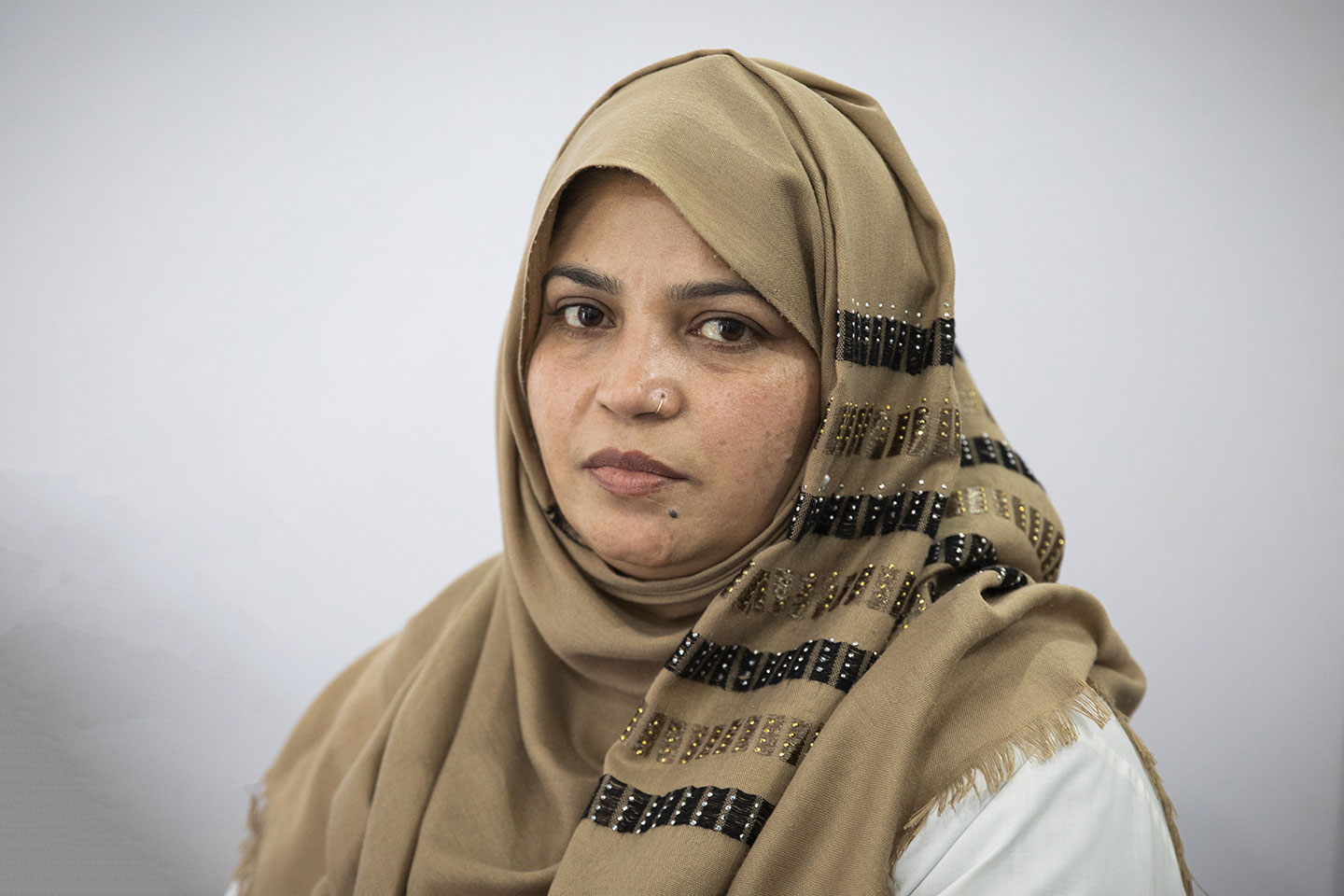
4. “Women come to me and I guide them”
The COVID-19 pandemic continues to cause significant disruptions to routine immunisation and women’s health services in many countries. To mark this past International Women’s Day, #VaccinesWork introduced its readers to Nighat Rani, a community vaccinator in Pakistan whose work to lessen the impact of these disruptions, rests on a bedrock of empathy, patience and an intimate understanding of the complicated lives of the women around her.
Read more5. In pictures – a female vaccinator in Afghanistan
In Pol Regina in Afghanistan’s Herat province, 25-year-old Razia is one of a small number of female vaccinators saving the lives of young children through vaccines. For International Women’s Day, #VaccinesWork cast the spotlight on Razia, highlighting her path towards frontline healthcare, including getting the full support of her family and championing women along the way.
Read more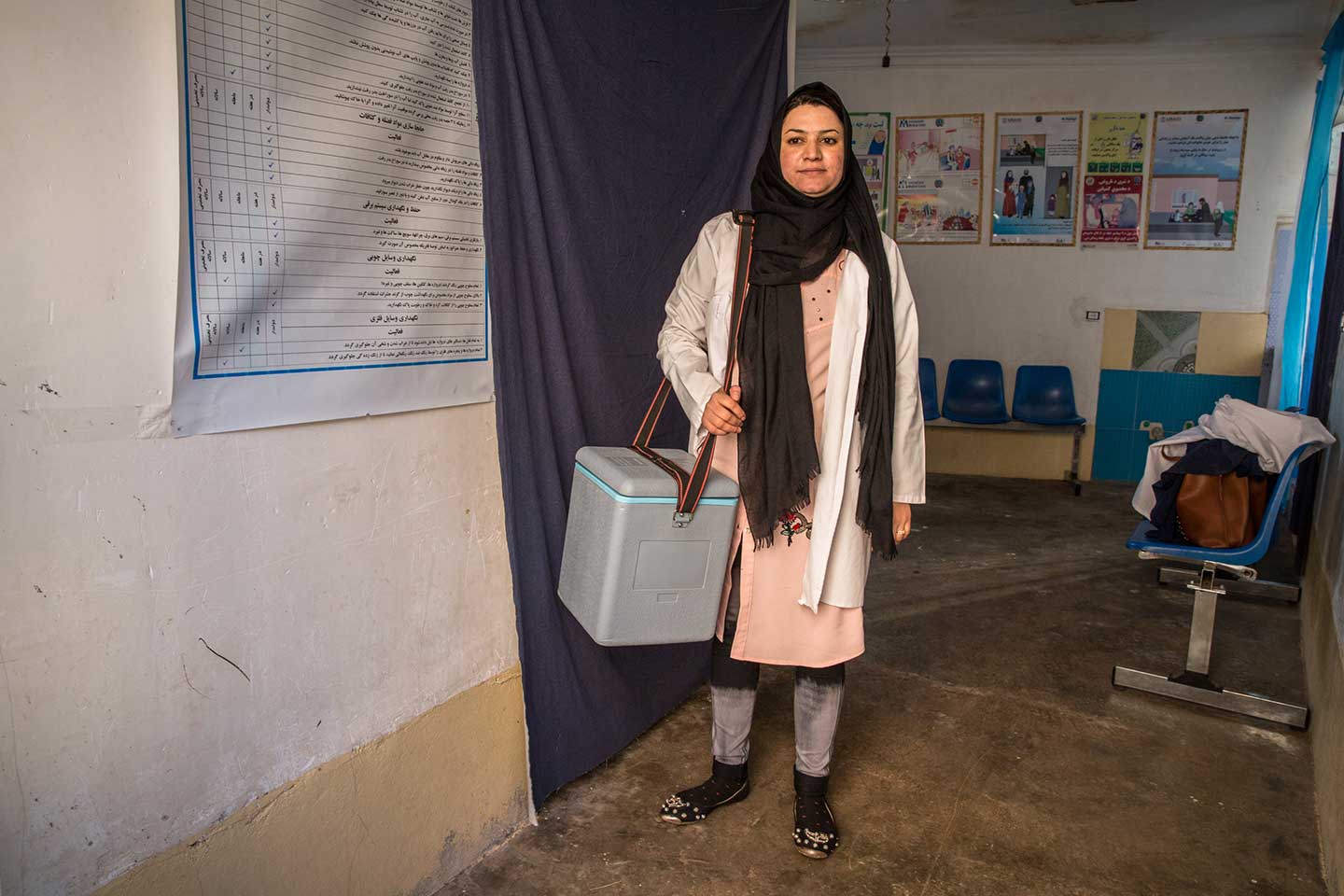
5. In pictures – a female vaccinator in Afghanistan
In Pol Regina in Afghanistan’s Herat province, 25-year-old Razia is one of a small number of female vaccinators saving the lives of young children through vaccines. For International Women’s Day, #VaccinesWork cast the spotlight on Razia, highlighting her path towards frontline healthcare, including getting the full support of her family and championing women along the way.
Read more6. How do you keep pregnant women safe during a pandemic?
Since the start of the pandemic, older people and those with underlying health conditions were considered most at risk of developing severe illness and death. However, they are not the only ones. In May 2020, #VaccinesWork explored why and how pregnant women can also be more exposed to COVID-19 risks and whether the global pandemic response at the time adequately protected them.
Read more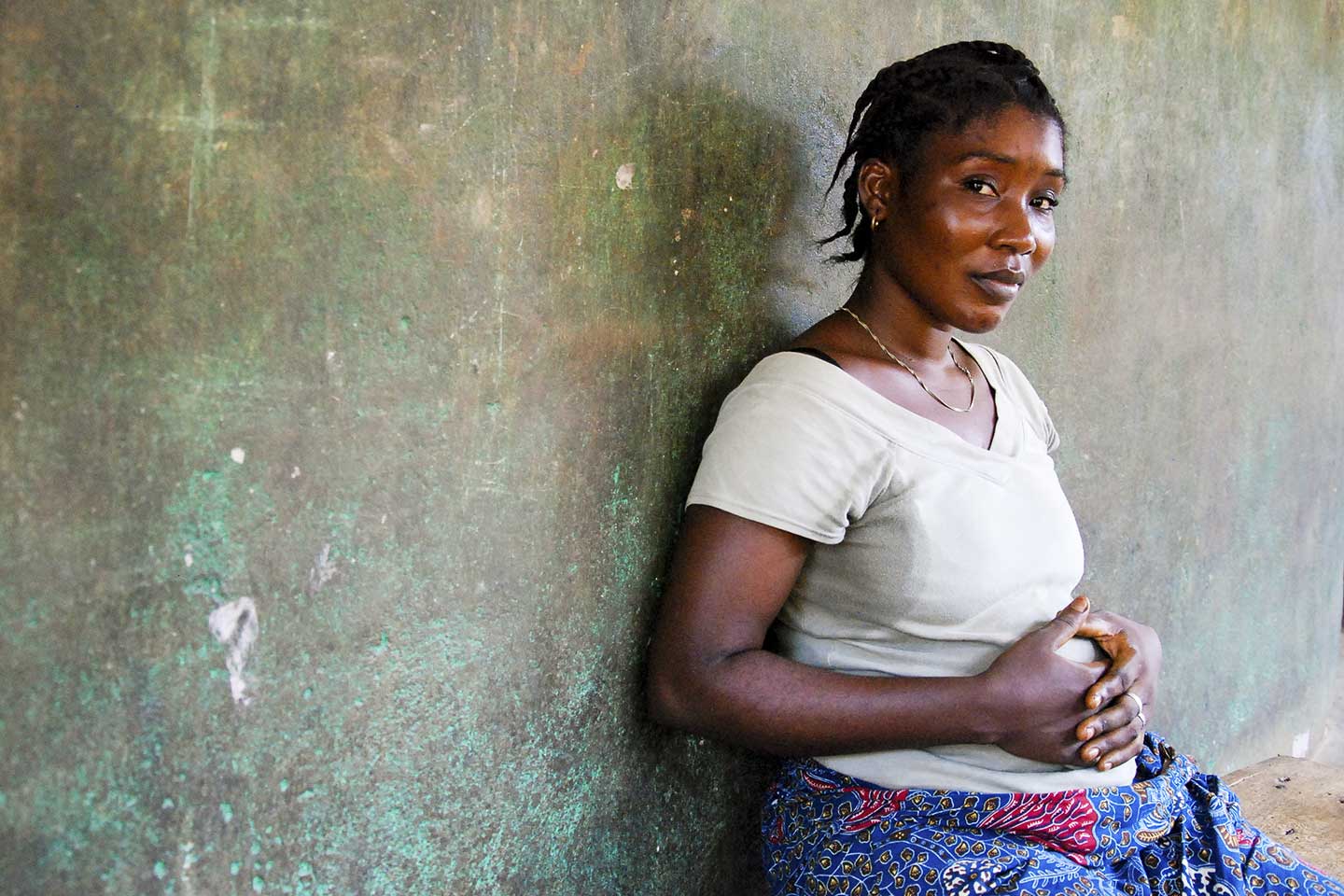
6. How do you keep pregnant women safe during a pandemic?
Since the start of the pandemic, older people and those with underlying health conditions were considered most at risk of developing severe illness and death. However, they are not the only ones. In May 2020, #VaccinesWork explored why and how pregnant women can also be more exposed to COVID-19 risks and whether the global pandemic response at the time adequately protected them.
Read more7. Quarraisha Abdool Karim on the fight against HIV
More than three decades after HIV surveys in Africa demonstrated that women were disproportionately affected by HIV, Quarraisha Abdool Karim, epidemiologist and associate scientific director for the Centre for the AIDS Programme of Research in South Africa, is still fighting to reduce women’s vulnerability to HIV infection. In this #VaccinesWork interview, she explains how gender has always played a role in the response to HIV, and how it is now taking up a similar role in COVID-19 responses.
Read more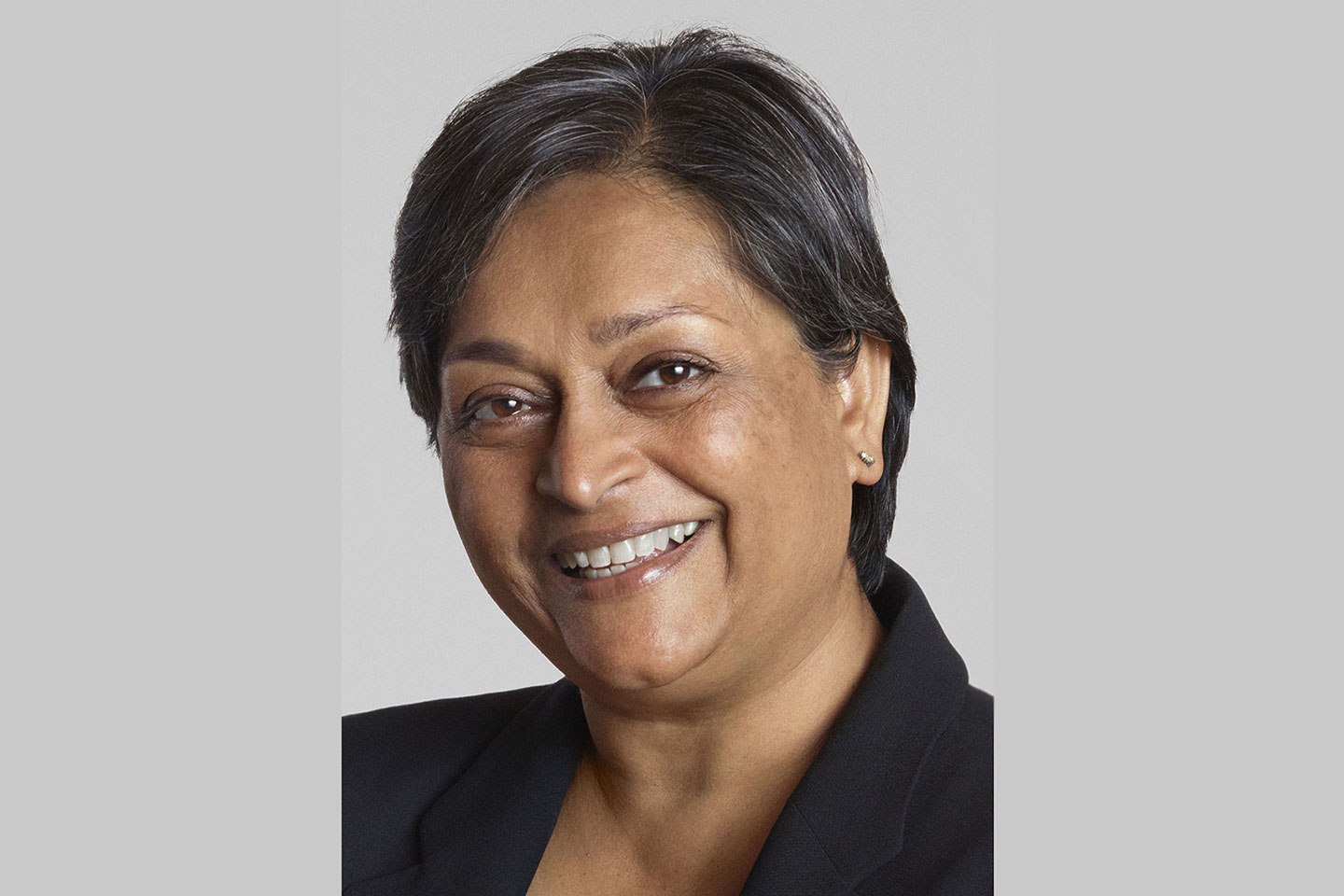
7. Quarraisha Abdool Karim on the fight against HIV
More than three decades after HIV surveys in Africa demonstrated that women were disproportionately affected by HIV, Quarraisha Abdool Karim, epidemiologist and associate scientific director for the Centre for the AIDS Programme of Research in South Africa, is still fighting to reduce women’s vulnerability to HIV infection. In this #VaccinesWork interview, she explains how gender has always played a role in the response to HIV, and how it is now taking up a similar role in COVID-19 responses.
Read more8. Eliminating cervical cancer depends on global effort to ensure supply meets demand
Global access to human papillomavirus (HPV) vaccine is vital, particularly in lower-income countries. In this article, Gavi Deputy CEO, Anuradha Gupta, explains how the lessons learned from HPV roll-out could boost uptake of COVID-19 vaccines.
Read more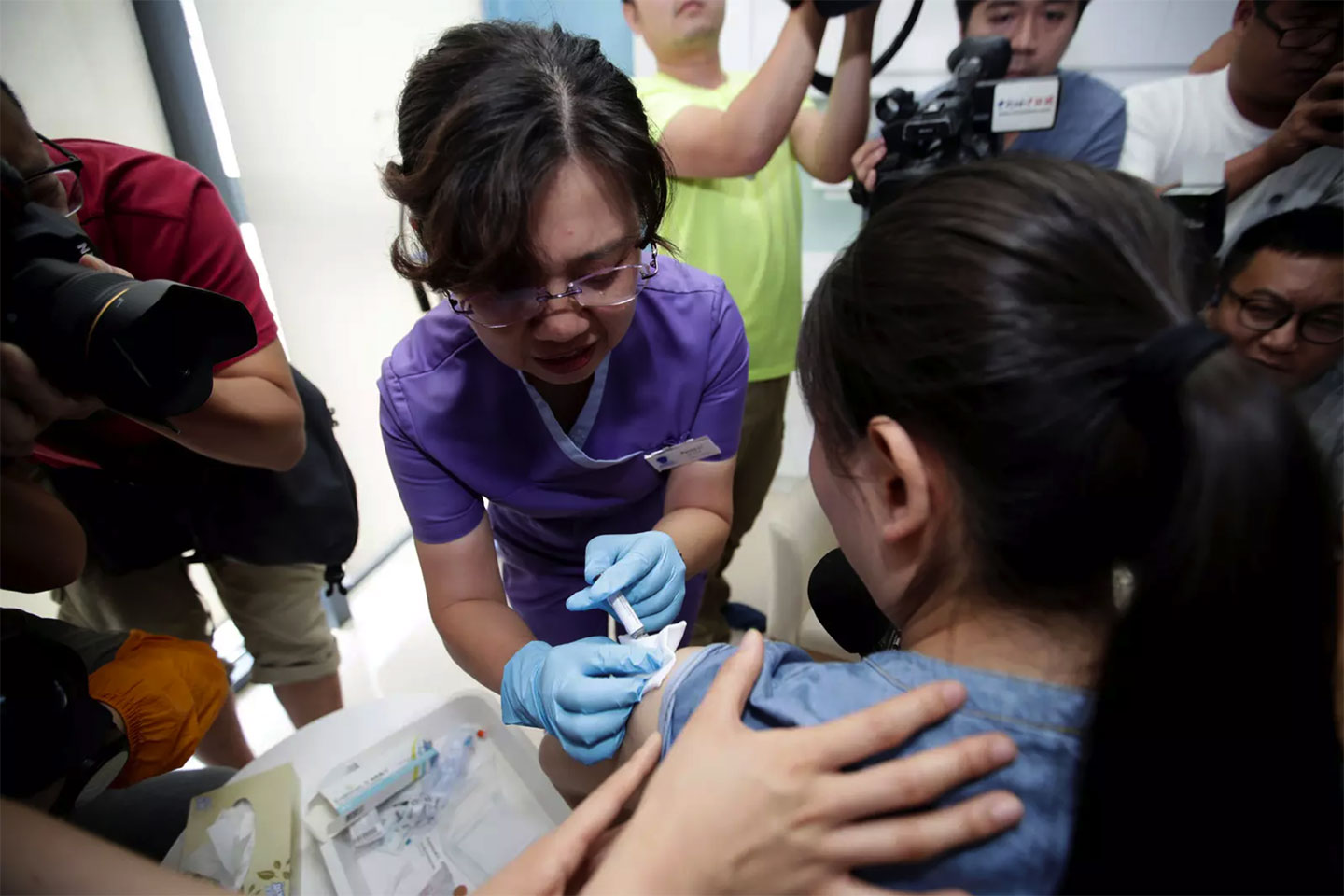
8. Eliminating cervical cancer depends on global effort to ensure supply meets demand
Global access to human papillomavirus (HPV) vaccine is vital, particularly in lower-income countries. In this article, Gavi Deputy CEO, Anuradha Gupta, explains how the lessons learned from HPV roll-out could boost uptake of COVID-19 vaccines.
Read more9. Can the world ever be cervical cancer-free?
Cervical cancer is not just the fourth most common type of cancer in women worldwide, it also disproportionately affects women in lower-income countries. In this article published on World Cancer Day 2021, we find out why, especially amidst the COVID-19 pandemic, it’s now more important than ever to ensure continued access to HPV vaccines to eliminate cervical cancer around the world.
Read more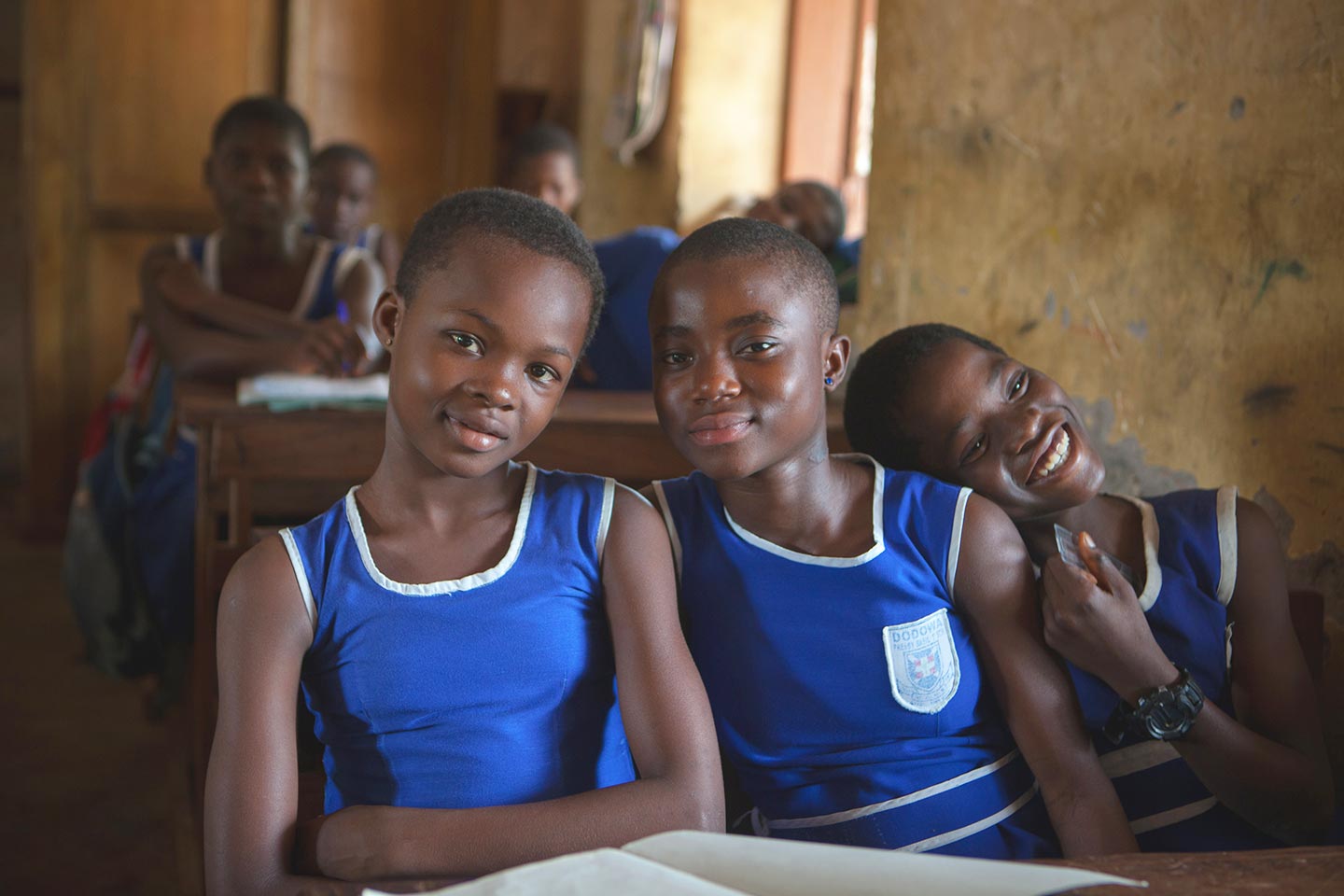
9. Can the world ever be cervical cancer-free?
Cervical cancer is not just the fourth most common type of cancer in women worldwide, it also disproportionately affects women in lower-income countries. In this article published on World Cancer Day 2021, we find out why, especially amidst the COVID-19 pandemic, it’s now more important than ever to ensure continued access to HPV vaccines to eliminate cervical cancer around the world.
Read more10. All roads lead to Ocean: how cancer treatment works in Tanzania
In 2018, Tanzania introduced the HPV vaccine to its national routine immunisation programme, becoming one of the first countries in Africa to roll out the vaccine nationwide. In this photo story, we explore how the Ocean Road Cancer Institute in Dar es Salaam continues to do its part to ensure that women across the country can receive cancer treatment and care, regardless of their ability to pay.
Read more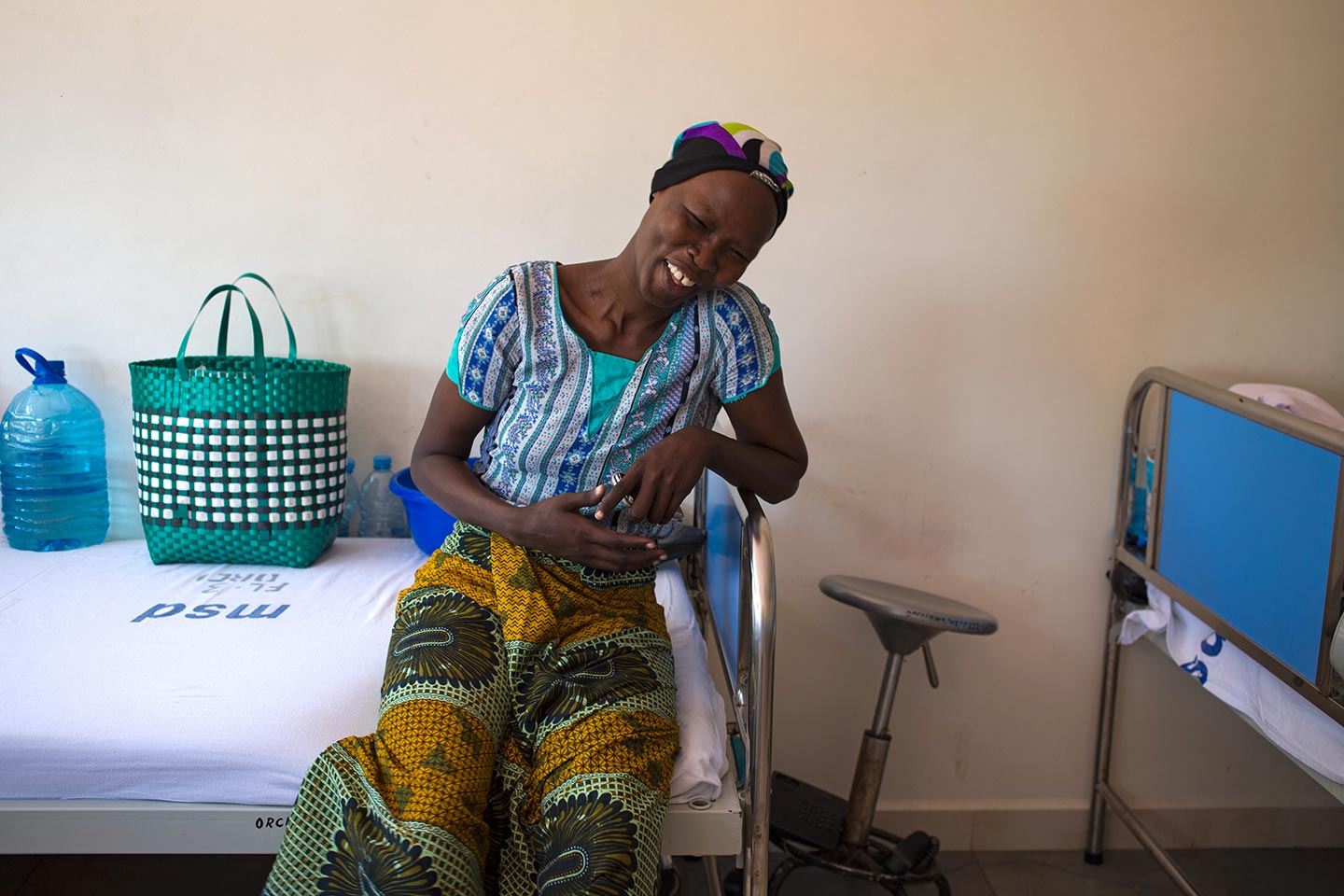
10. All roads lead to Ocean: how cancer treatment works in Tanzania
In 2018, Tanzania introduced the HPV vaccine to its national routine immunisation programme, becoming one of the first countries in Africa to roll out the vaccine nationwide. In this photo story, we explore how the Ocean Road Cancer Institute in Dar es Salaam continues to do its part to ensure that women across the country can receive cancer treatment and care, regardless of their ability to pay.
Read more
